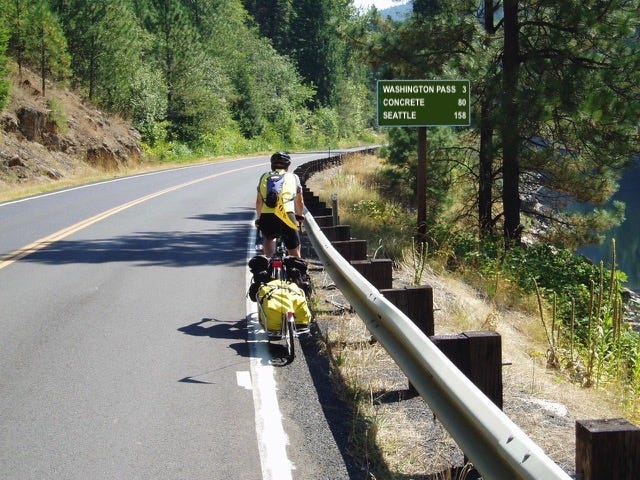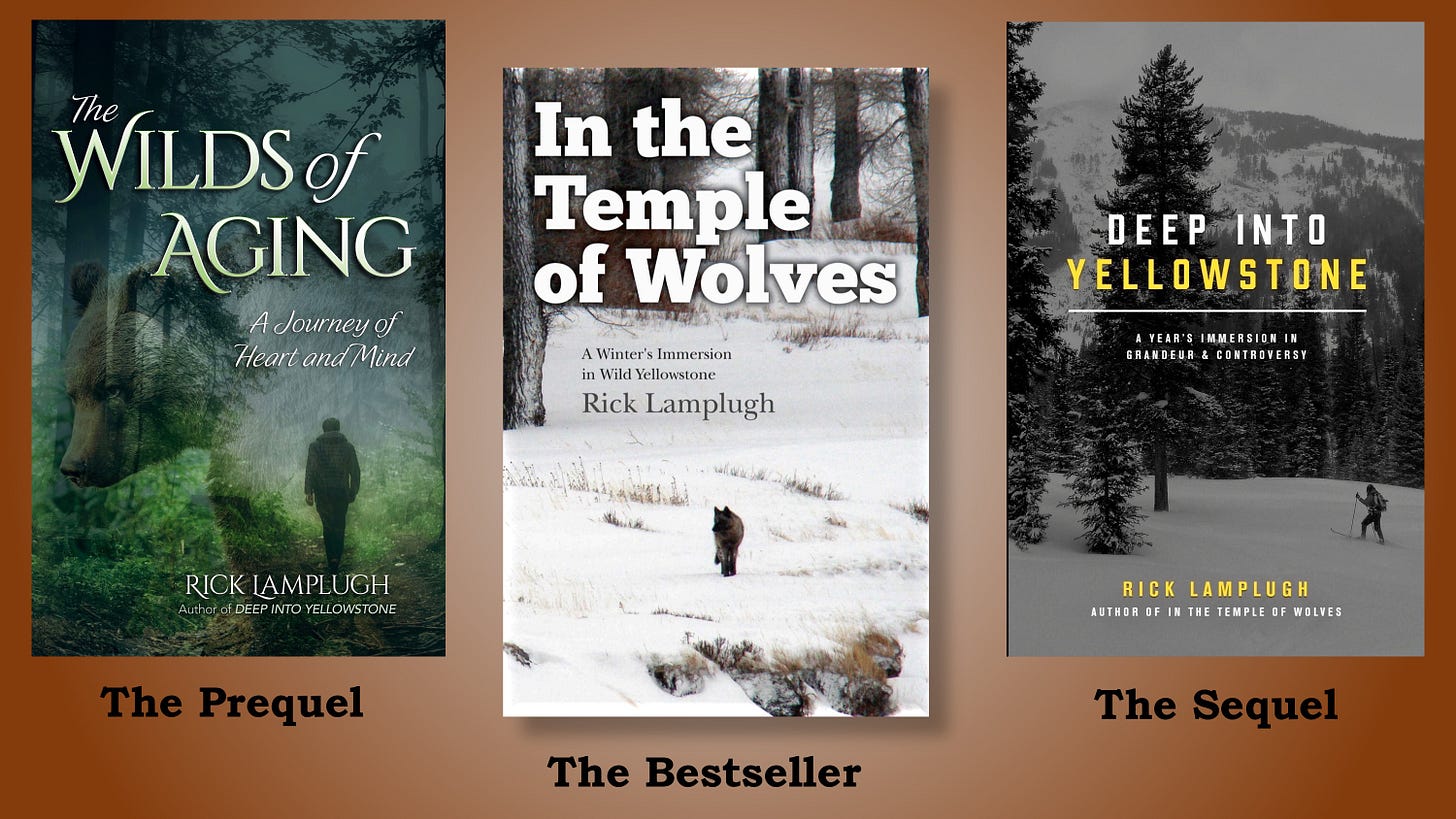3. Return to Journaling
A PREVIEW CHAPTER of The Wilds of Cancer
This journey into the wilds of cancer was filled with scary possibilities. The biggest was that this disease would kill me. My days were often a battle between the fear that I would die and the hope that I wouldn’t. A statistic bolstered my hope: while prostate cancer is common, of those diagnosed, only about one man in six dies from the disease. Five out of six don’t. I could live, no pun intended, with those odds.
However long this journey, I knew I had to be honest with myself. This would not be just a battle to protect my body. This would also be a journey of heart and mind. My heart would open to many feelings about facing and perhaps falling to cancer. My mind would search for facts, for ways to treat and beat the disease. I expected an onslaught of facts and feelings. Both would be important, work well together, and help me make decisions.
I would deal with that onslaught by honest journaling each morning, an approach that had helped me through a previous troubling time.
I had just turned sixty and was on a 375-mile solo bicycle tour. I had been on other challenging tours, but never alone. While cycling in Washington’s North Cascades, I felt, for the first time, that I had hit an impenetrable wall. I didn’t have the strength, energy, or gumption to continue climbing in full sun up a steep, hot grade toward a mountain pass that seemed to keep sneaking away. And I didn’t have any riding partners to help me cope.
I pulled off the road, dropped my bike, and stumbled down a rocky slope to a stream. I spent the next hour dipping my head into the cold stream and debating, sometimes aloud, whether to retreat or advance. Finally, I removed my shirt and submerged it. Without wringing it out, I pulled it on, shivered, felt refreshed, and chose to keep going. When I reached the pass, I made camp and gave myself a quiet and proud pat on the back as I crawled, exhausted, into my tent.
Though I finished the tour, that scary moment jolted me into journaling for a year in our peaceful backyard garden in Corvallis, Oregon, where we then lived. As summer sun changed to fall rain and winter snow, I sat under a poplar tree and wrote—for the first time—about aging and how my body, mind, heart, and life were changing. Some sessions led to wiping away tears, others to raising a fist in celebration. I came to call this honest journaling of my thoughts and feelings “visiting my paper therapist.” Those entries eventually became the core of my last book, The Wilds of Aging.
As I entered the wilds of cancer, I knew I had to return to journaling. I journaled on the deck of our home in Gardiner, Montana, at the north gate of Yellowstone National Park. I wrote about my hope that I could beat this disease. I wrote about my fears that I couldn’t and that my days were numbered. I wrote about how changes in my body brought about by the cancer or treatment could make life harder for Mary and me. I wrote about our findings as we immersed ourselves in researching treatment, side effects, and outcomes. I wrote about medical consults and milestones.
I had my first medical milestone, a CT scan, a few days after the annual exam that started me on this journey. The CT, which creates images of bones and soft tissues, showed no evidence that cancer had spread. I felt relieved. But the thought that the CT scan did not provide the complete picture lurked in the back of my mind and scared me. So I worried and waited for the next milestone, the urologist-recommended nuclear bone scan that could provide a more definitive look.
If that second scan confirmed that the cancer had not spread, we would know what we were battling and could decide on treatment. If we chose removal of my prostate, surgery could happen within weeks. If we went with radiation of the prostate instead, that would take months to complete.
Maybe in about four months, by my birthday in mid-November, I would see the whole treatment picture. Maybe not. Either way, I had lots of visits to my paper therapist ahead.
Order your PREPUBLICATION COPY of The Wilds of Cancer: A Life-Affirming Journey.
To read another PREVIEW CHAPTER.
P.S. If you found this post helpful, would you please consider restacking it and sharing it with your audience?
Click the button to subscribe for free to this Substack. I hope you join me, and I welcome your comments and feedback.
For stories of moments Mary and I have shared in wild lands and with wildlife, check out my previous books. In the Temple of Wolves is the bestseller with more than 500 five-star reviews on Amazon. Deep into Yellowstone is the sequel and won a Gold Medal in the Independent Publisher Book Awards. The Wilds of Aging, the prequel and winner of a National Indie Excellence Award, takes you on a journey with me into wild lands and aging. Click on a title for a signed copy, or visit Amazon for unsigned paperback copies, ebooks, and audio CDs.
Disclaimer
I’m a writer, not a doctor. I’m very qualified to write stories about my journey into the wilds of cancer. I’m not qualified to give—nor am I giving—medical advice. As these stories show, Mary and I came up with many approaches to deal with my cancer. We always ran our ideas by our medical team to see how the approaches fit medically. Everybody’s body is different. What worked for me may not work for someone else. If something in these stories generates an idea of an approach that you or someone you know might use, first consult with the medical team.




Hi Rick,
I feel such warmth reading your words. Though it’s been so long since we shared the same time and place, my eidetic memory brings instant immersion into so many details.
I enjoy following your journey and know that should our paths cross again, we will talk and listen for hours.
Also, I sent these pages to Stella and we spoke so fondly of you. She and I, though many years and miles apart, still keep current with each other.
I wish you a continued life of insight, healing and kindness.
Great post, Rick. Paper therapists are wonderful. They begin a session by staring blankly, then start to reflect back to us their deepest insights, which of course are our deepest insights.